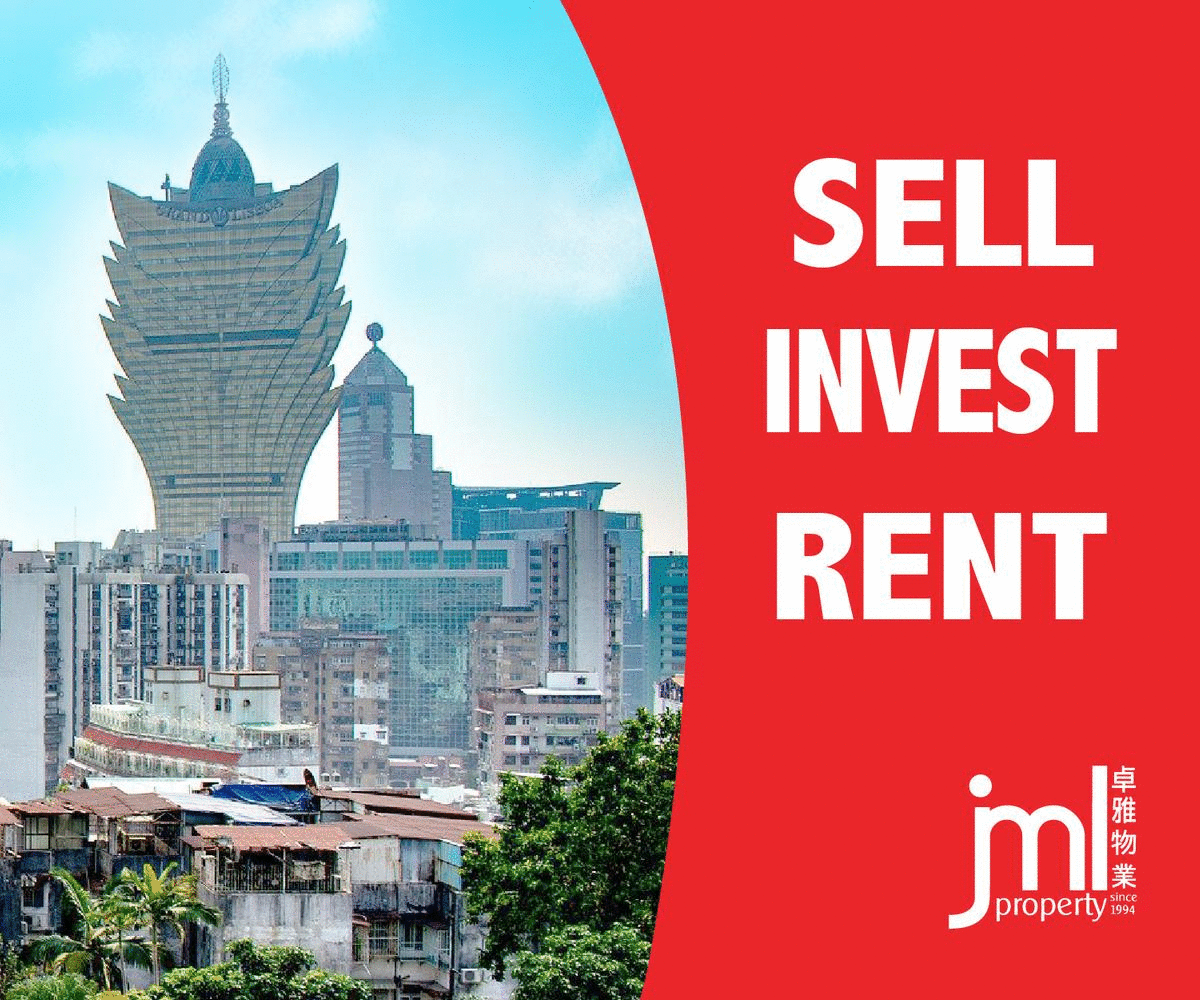As the Pentagon hunts for sites to deploy missiles against a rising China, Okinawa’s governor is warning the U.S. to steer clear of the southern Japanese prefecture.
Governor Denny Tamaki said in an interview Friday that any U.S. attempt to base intermediate-range ballistic missiles in Okinawa would be firmly opposed by the local people. Tamaki, who was elected last year on a campaign to get the Marines’ Futenma air base out of the prefecture, argues the region already shoulders an unfair burden by hosting about half of the 50,000 U.S. military personnel in Japan.
“Intermediate-range ballistic missiles can be used to attack other countries, so deploying them would conflict with the constitution and lead to a further build-up of the U.S. bases,” Tamaki, 60, told Bloomberg News. “To have new military facilities would be absolutely unacceptable.”
Tamaki’s comments underscore the challenges facing the U.S. as it seeks to deploy land-based cruise missiles and intermediate-range ballistic missiles after withdrawing from a treaty with Russia that banned them. The Trump administration scrapped the agreement in part because China, which wasn’t bound by the treaty, has a wide variety of similar missiles that can target the U.S. bases and allies in the region.
Many of the most likely sites for such missiles, including treaty allies such as Australia, Japan and South Korea, may be reluctant to accept the weapons out of fear of inflaming domestic opposition. China has also warned that those countries would face retaliation if they agreed to host the missiles.
Okinawa would be an ideal place for such weapons, since its bases could put all of China in range. But it’s also among the places where opposition to America’s overseas troop presence is strongest, and local residents have complained for decades about crime, accidents, pollution and noise associated with the U.S. bases
Japan’s central government has agreed with the U.S. to move the Futenma base from the center of a crowded city to a more remote location. Tamaki defeated a candidate backed by Prime Minister Shinzo Abe to win election as governor and held a referendum in March in which 70% voted against the relocation plan.
Tamaki said any missile deployment would face similar opposition. “Strong resistance should be expected,” he said. Isabel Reynolds & Emi Nobuhiro, Bloomberg
Okinawa governor warns of ‘strong resistance’ to US missiles
Categories
Asia-Pacific














No Comments